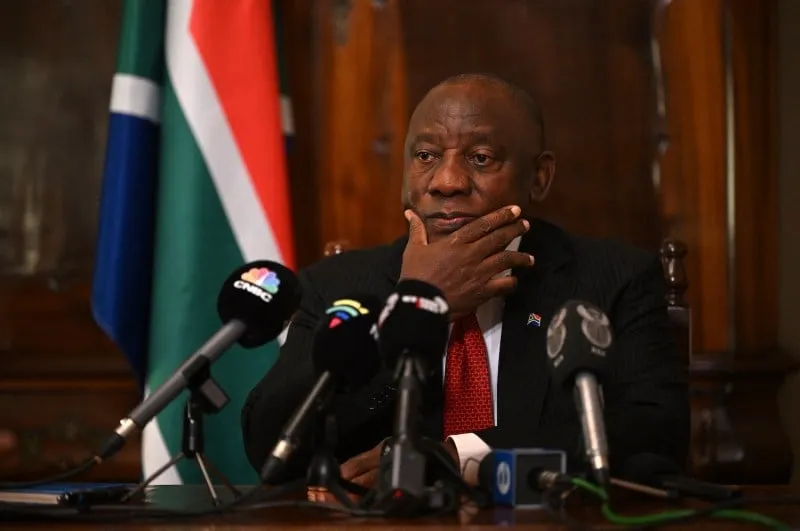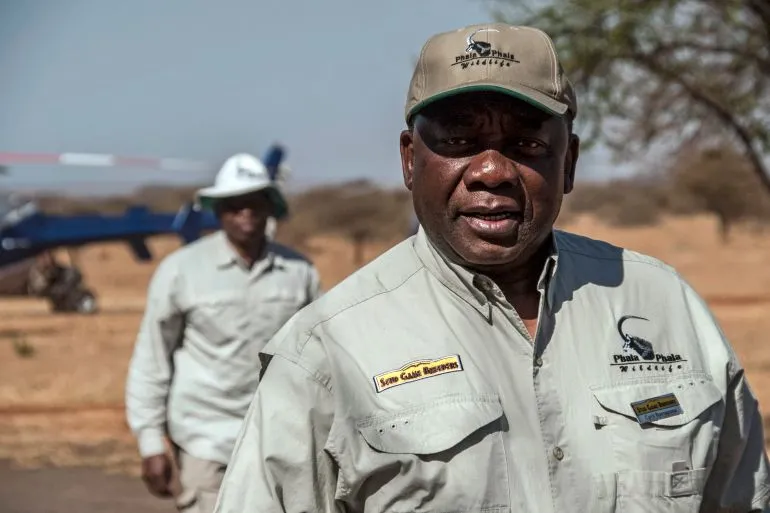In a historic move, South African President Cyril Ramaphosa is poised to be re-elected for a second term, after his African National Congress (ANC) party signed a last-minute coalition agreement with its long-time rival, the Democratic Alliance (DA). The unity government, which brings together the ANC and DA, marks a significant departure from the country’s democratic history, where the ANC has traditionally held a comfortable majority.
The agreement becomes necessary after the ANC’s loss of its 30-year majority in the recent national election. The election saw the ANC’s share of the vote drop to 40%, with widespread voter discontent over issues such as poverty, inequality, and unemployment. The DA, a centrist, business-friendly party, won 21% of the vote and has been a principal opponent of the ANC for years.
The coalition agreement, which analysts warn may pose complications due to the starkly different ideologies of the two parties, involves at least two other smaller parties, including the Inkatha Freedom Party and the Patriotic Alliance. The ANC, once the party of Nelson Mandela, has faced a deadline to secure a coalition agreement to ensure a stable government, given the 14-day window for Parliament to sit and vote for the president.
The agreement has been met with guarded optimism, with ANC officials emphasizing the need for a government of national unity in the best interests of the country. DA leader John Steenhuisen hailed the deal as an “historic step forward,” while ANC secretary-general Fikile Mbalula stressed that the party was open to working with anyone who shares the goal of prioritizing the country’s welfare.

South African President Cyril Ramaphosa (Via Cyril Ramaphosa/Twitter)
The pact has sparked concerns over the DA’s stance on Israel’s alleged genocide in Gaza, which has been a contentious issue at the United Nations. The DA has disagreed with the ANC’s government’s stance on the matter, adding another layer of complexity to the already complicated coalition.
As Parliament convened to choose the country’s leader, the DA backed Ramaphosa’s bid for re-election, making his victory appear assured with the 71-year-old president set to secure a second term. The election process, which took place in a conference center near Cape Town’s waterfront, after a fire gutted the National Assembly building, saw Ramaphosa nominated alongside Julius Malema, the leader of the far-left Economic Freedom Fighters party, which refused to join the unity government.
Ramaphosa’s re-election is seen as a significant outcome, given the ANC’s historical dominance and the country’s democratic history. The coalition government marks a new chapter in South Africa’s political terrain, potentially paving the way for more inclusive and collaborative governance. However, as the country navigates this uncharted territory, the success of the unity government will depend on the ability of the various parties to put aside their differences and prioritize the country’s welfare.











































